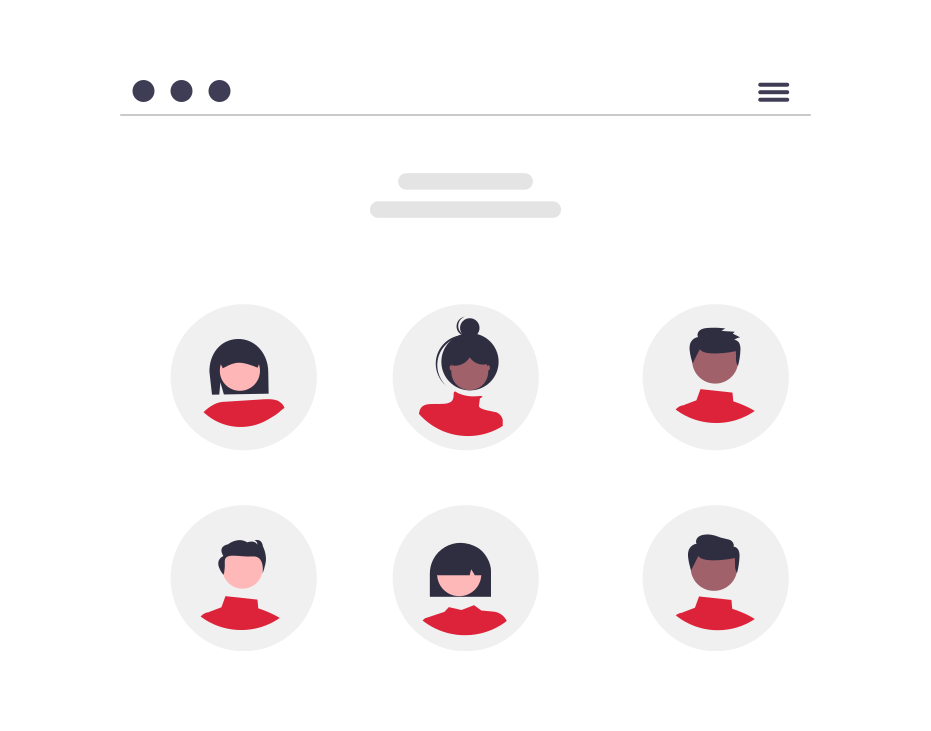Looking for the definitive S/4HANA careers guide? Here’s an overview of everything you need to know about pursuing a career in the new incarnation of SAP’s ERP; S/4HANA.
The clock is ticking for companies across the globe to migrate to SAP’s next-generation ERP suite. With the German company discontinuing official support for its currently most used ERP (ECC6) in 2030; those businesses working with the legacy software must now go through the lengthy and resource-intensive process. And that is great news for you.
Although S/4 is the future of SAP ERP and organisations adopting SAP for the first time are jumping directly into the newer platform; expertise in S/4 remains elusive as many companies are still waiting to carry out the migration.
Whether you are interested in learning more about S/4HANA or you would like to expand your expertise, these are golden days for SAP specialists. The generational change in both the workforce and SAP’s ERP offers an unparalleled opportunity for consultants and in-house talent alike. Take advantage of it. Develop your S/4 expertise with this S/4HANA careers guide. The rewards will be plentiful.
Discover more about what is ERP (Enterprise Resource Planning)
About S/4HANA

Any S/4HANA careers guide should start by clarifying exactly what S/4HANA is.
Enterprise Resource Planning (ERP) systems are all-encompassing software toolsets with capabilities extending across most business functions and departments. From accounting and human resources to procurement and supply chain management, ERP software allows organisations to easily plan and execute operations from a single platform. The speed, efficiency and cohesiveness derived from its use have made ERP a staple of business management. As well as one of the most profitable specialisations in the IT world.
S/4HANA is SAP’s response to the enterprise’s move to the cloud and its need for faster data processing. Half of all business data is estimated to be already in the cloud. More and more companies are taking business-critical applications off-premises, and few applications are more critical than ERP systems. At the same time, the modern enterprise requires data insights and operational efficiency that were simply out of reach for legacy ERP software.
Labelled as SAP’s next-generation ERP, S/4HANA will effectively replace the ubiquitous ECC6 suite. When official support for the latter is discontinued in 2030.
Migration to S/4Hana
The migration to S/4HANA, has many steps and can accommodate several approaches. Companies moving into the new ecosystem can do so by building on top of already existing systems or by starting anew (brownfield vs. greenfield implementation). Regardless of the chosen approach, however, you can be sure of one thing: all projects start with the blueprinting
Here you can get an overview of SAP S/4HANA and its differences with ECC6 here.
Why now is the time to get into S/4HANA

As a world-leading ERP provider, SAP provides a comprehensive catalogue of solutions that only experts can implement and help run smoothly. Accordingly, there is a constant stream of demand for IT professionals with SAP skills. What’s more: demand outweighs supply in some areas of expertise. Chief among these is S/4HANA.
According to a report by Resulting IT, only 8% of organisations using ECC have made the transition to the new iteration of SAP’s software suite. That is alarming, especially considering that the report estimates the current product set has over 400 million lines of code and many companies have invested millions customizing it. These will have to be re-written when moving to S/4HANA. But that’s just the beginning of the story.
When it comes to S/4HANA, the difficulties in finding talent that is well-versed in the new environment multiply. There is a generalised lack of experience in the live or near go-live stages of the transition. Although 48% of SAP specialists declare having been involved in S/4 projects. A significant portion of these are solutions architects. And therefore only have experience in the early blueprinting stages of the project.
Couple that with the fact that; just in the UK alone; 40% of SAP experts plan to retire within the next 10 years, and we are looking at the perfect storm.
Learn more about why the global S/4HANA migration is a golden opportunity for IT professionals.
The different roles within S/4HANA

The expertise that you will develop and need will vary depending on the type of projects you take.
Additionally, and just as with ECC6, there are two main categories of S/4HANA expert profiles: functional and technical. These two categories often overlap with one another, and the best specialists have a combination of the two.
Go beyond this S/4HANA careers guide and learn more about all the different roles within S/4HANA.
Developing your S/4HANA expertise

At the theoretical level, the best way to go about honing your S/4HANA skills is to resort to SAP’s official learning portal, SAP Training. There you can find a myriad of courses and certifications that will help you master the various tools in S/4.
While the courses are free, you must pay a fee to obtain the official certification. But we highly recommend you do so, since they are a great measurement of how prepared you are and validate your expertise in front of the SAP community. They will look great on your CV
The courses and certifications are a good option for newcomers to the SAP ecosystem. But also for seasoned professionals looking to upskill and add new S/4HANA capabilities to their toolset.
Here’s how and why you should pursue SAP S/4HANA certifications.
Finding your career path in S/4HANA
No matter how good your S/4HANA careers guide is, and in addition to learning the basics and getting certified, you must get real-world experience working with S/4HANA. The way to go about it will depend on how many S/4 projects you have previously collaborated with, as well as your knowledge of ERP systems and business domains.
To those who are completely new to S/4HANA, it can be challenging to get a job in a field that requires previous experience. But you can get around this barrier.
Be ready to take a pay cut in exchange for a role in S/4HANA projects, even if it is through positions that are more junior than those you would normally pursue. Think of it as an investment in your future. Make sure to highlight the suitable skills that you already possess, like ERP expertise or knowledge in and business.

The importance of attending events
You should also keep an eye open for any relevant industry and networking events. Attending will give you a better feel for what it is like to work in S/4 and will provide you with actionable tips on how to build your career. You can even often find companies looking for new talent among attendees.
Re-orient your CV to highlight your S/4 focus and skills. Present yourself not as an IT expert with S/4 know-how, but as an expert in S/4HANA. Try to get involved in a wider variety of projects that allow you to build deeper and more comprehensive expertise. Again, industry events are highly recommended to stay up-to-date with current trends and best practices and network with other professionals. Keep learning. Stay tuned regarding software updates, new certifications.
There is always room for improvement. Once you have some S/4HANA experience on your back, focus on becoming a true expert in the technology.
Looking for career inspiration? Here’s an example of the career path of an SAP consultant.
Freelancing or in-house

In addition to cultivating your S/4HANA skills, you must define a career strategy. What’s the best way of becoming a highly coveted expert? There is not a simple answer to this question. Especially since the rapid evolution of the talent market has blurred the traditional line between permanent contracts and freelancing.
Permanent position & Freelancing paths
A permanent position offers you greater stability and social protections. Giving you access to more economic benefits, like unemployment and certain contract regulations. It also lets you enjoy the totality of a company’s corporate benefits, whether it’s paid tuition or a gym membership. Something you wouldn’t have access to as an independent employee. This can be decisive in newer fields like S/4HANA, since you might be able to benefit from free training and career development programs.
On the other hand, freelancing makes it easier for you to develop a wider range of skills by working on different projects. This broader experience is very attractive to employers. At the same time, businesses are more likely to hire freelancers for S/4HANA projects, as there is a shortage of skilled workers and S/4 implementations often have a specific duration.
Independent workers must deal with limited social protections, fluctuating activity and internal red tape. However, the average daily rate of SAP freelancers is well above the average rate of salaried employees in most countries. They also express high levels of job satisfaction, with 4-out-of-5 freelancers claiming to be happy with their lifestyle.
Conclusion
Depending on the stage of your life cycle you find yourself in, you’ll tend to favour one option over the other, and that’s totally fine. Both paths are complementary and have their perks and disadvantages. Additionally, the relative novelty of S/4HANA is a key factor to consider when making your decision.
Here are some questions you should ask yourself before becoming a freelance S/4HANA consultant.

